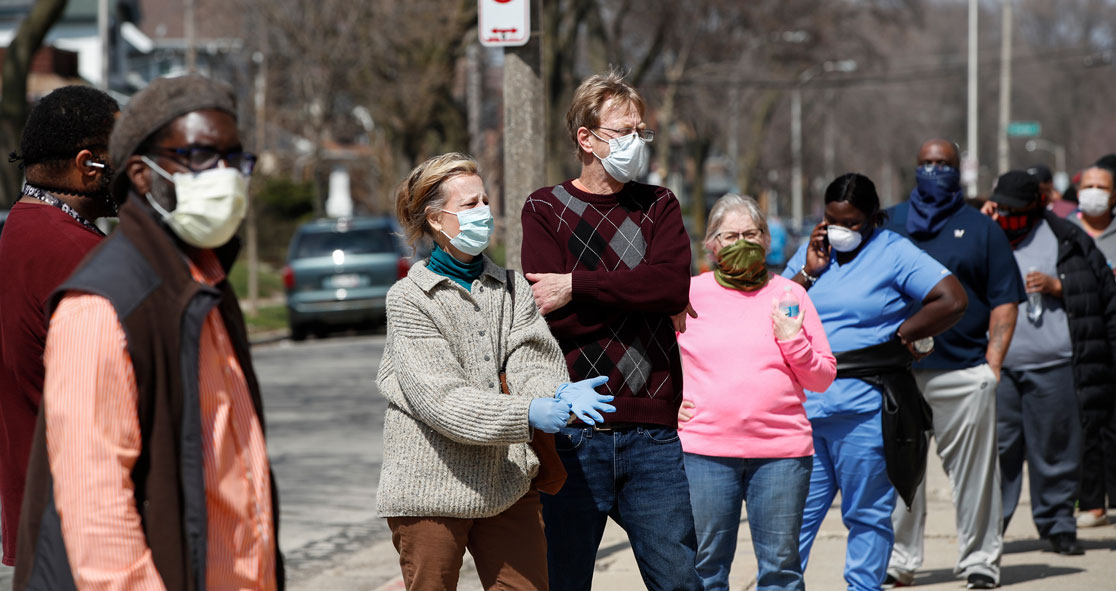Thousands of health experts and scientists have joined a global anti-lockdown movement, expressing “grave concerns” over COVID-19 lockdown policies.
The movement is called the “Great Barrington Declaration,” which highlights some of the warnings in a letter signed by a group of doctors in the UK.
Nearly 6,000 experts, including a few from the UK, said the lockdown is now having affecting people’s physical and mental health. They have called for protection to people who are at risk, while healthy people can get back to their lives.
However, critics have pointed out that a “more targeted approach could make it difficult to protect vulnerable people entirely.” They also pointed out that the risk of long-term complications from coronavirus means many others are also at risk.
Doctors, including TV doctors Dr. Phil Hammond and Dr. Rosemary Leonard, and several GPs who have served at the British Medical Association (BMA), have written to the health secretary, stating “there is insufficient emphasis on ‘non-COVID harms’ in the decision-making.
Nearly 6,000 doctors and scientists have now signed the Great Barrington Declaration, which started in the United States.
Some UK-based experts, who have signed it, said keeping the lockdown policies in place until a COVID-19 vaccine is widely available would cause “irreparable damage, with the underprivileged disproportionately harmed,” citing health harms such as “lower childhood vaccination rates” and “worsening care for heart disease and cancer patients.”
They also pointed out the risk from COVID-19 is 1,000 times greater for older and frail people. They added, “As immunity builds in the population, the risk of infection to all, including the vulnerable, falls.”
However, the movement recommends measures to protect people who are vulnerable by taking care of them through regular testing, such as having groceries and other essentials delivered to them and encouraging them to follow simple hygiene measures like hand washing and staying away from sick people.
The declaration mentions that young low-risk people should be allowed to work normally, schools/universities should be open for in-person classes, sports or cultural activities could resume, and restaurants reopen.
Some experts criticized the declaration. For instance, Dr. Stephen Griffin of the University of Leeds School of Medicine said while clearly “well-intentioned,” the declaration has profound ethical, logistical, and scientific flaws.
He explained that the vulnerability could come anyway and it should be “treated equally.”
Meanwhile, Cellular Biologist Dr. Simon Clarke of the University of Reading, England, said it is unclear whether we will achieve herd immunity. “Natural, lasting, protective immunity to the disease would be needed,” Dr. Clarke said, “And we don’t know how effective or long-lasting people’s post-infection immunity will be.”























